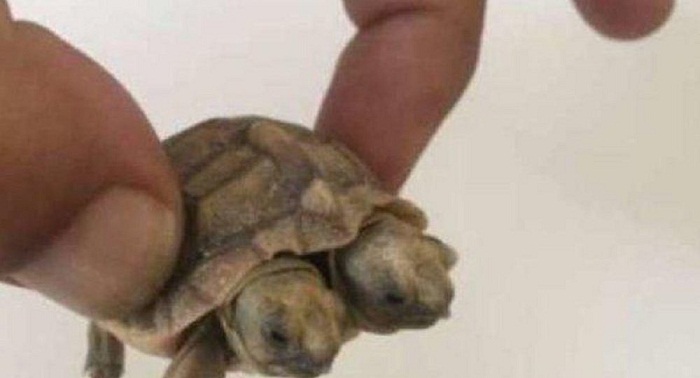Across the world, sea turtles are swallowing bits of plastic in the ocean and often dying as a result.
There are many theories about why sea turtles and other marine animals ingest plastic. Some people have long speculated that they mistake it for food due to its appearance — for instance, turtles will eat a plastic bag that looks like a jelly fish.
But scientists from the University of North Carolina at Chapel Hill realized these explanations didn’t quite account for whether turtles could be attracted to how plastic smells.
In a study published Monday in Current Biology, they said they confirmed this question for the first time: Sea turtles do mistake the scent of plastic for food.
“This finding is important because it’s the first demonstration that the odor of ocean plastics causes animals to eat them,” said UNC-Chapel Hill biologist Kenneth J. Lohmann. “It’s common to find loggerhead turtles with their digestive systems fully or partially blocked because they’ve eaten plastic materials.”
In the study, 15 loggerhead turtles that were in captivity for five months were delivered a series of airborne smells through a pipe. They ignored the scents of clean plastic and water but responded to the smell of food and ocean-soaked plastics by sticking their noses out of the water to smell.
Researchers were surprised that the turtles responded to biofouled plastic — which refers to the accumulation of microbes, algae, plants and small animals on the surface of plastic — in the exact way they responded to their real food.
The research reveals greater implications on how increasing amounts of plastic pollution will be harmful for turtles and other marine mammals, including whales, seabirds and fish.
Scientists estimate that over half of the world’s sea turtles and nearly every seabird have ingested plastic. More than 8 million tons of plastic are dumped into the oceans every year — the rough equivalent of dumping one New York City garbage truck of plastic into the ocean every minute.
Research shows that ingesting just over a dozen pieces of plastic can kill turtles. Young turtles are particularly vulnerable because they tend to swim in currents where loads of plastic accumulate.
Once a turtle swallows plastic they are unable to throw it back up. As a result, most of the ingested plastic gets stuck in the turtle’s gut and limits its ability to absorb and digest food.
“The plastic problem in the ocean is more complex than plastic bags that look like jellyfish or the errant straw stuck in a turtle’s nose,” said Joseph Pfaller, research director of Caretta Research Project and co-author of the study. “These are important and troubling pieces to the puzzle, and all plastics pose dangers to turtles.”
More about:
















































